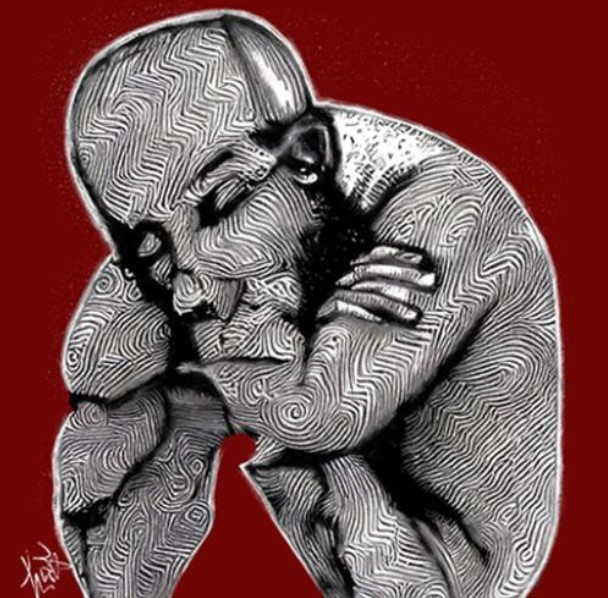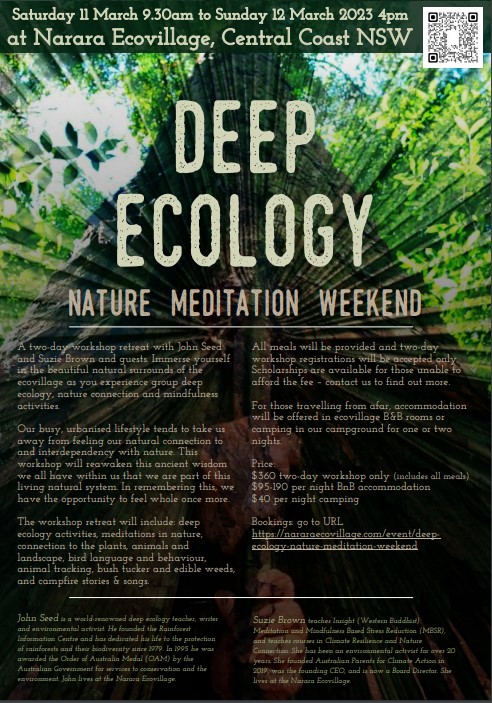The United Nations marks World Day of Social Justice on February 20 each year and, in 2023, it has set its sights on strengthening global solidarity and rebuilding trust in government.

The UN wanted the World Day of Social Justice to be spent looking at actions needed to strengthen the social contract that has been fractured by rising inequalities, conflicts and weakened institutions that are meant to protect the rights of workers.
It argues that there are “many opportunities to build a coalition for social justice and to unleash greater investments in decent jobs, with a particular focus on the green, digital and care economy, and on young people.”
According to the UN, poverty and inequalities within and among countries are on the rise in many parts of the world.
“The economic and social crises of recent years have been exacerbated by the consequences of the COVID-19 pandemic, natural disasters due to accelerating climate change, geopolitical tensions and armed conflicts.
“These crises have highlighted the interlinkages and dependencies of economies and societies around the world and shown the crucial need for concerted action to respond to them, at global, regional and national levels.”
According to the UN this rising inequality, poverty and loss of trust in government has happened against a background of “disruptions in economies linked to globalization and technology, significant demographic transformations, increasing migration flows and protracted situations of fragility.”
It argues that ordinary people around the world have perceived that there has been no satisfactory response from those in power to these “multiple challenges and changes”. In turn this is resulting in “growing discontent and mistrust” of established institutions.
“The growing gap between international commitments and concrete achievements has fragilised multilateral action and its credibility, resulting in open criticism and disengagement.
“More than ever, it is urgent for the multilateral system to deliver and to contribute to bringing solutions to people’s daily problems, and to do so in a more efficient and coherent manner.”
The UN’s official World Day of Social Justice page says a sense of urgency has been shared by many including the UN Secretary-General who, in his report “Our Common Agenda“, has warned against today’s growing divide and called for a more inclusive and networked multilateralism, re-embracing global solidarity and renewing the social contract between governments and their people and within societies, anchored in a comprehensive approach to human rights.
“Social justice makes societies and economies function better and reduces poverty, inequalities and social tensions,” the UN explains.
“It plays an important role in attaining more inclusive and sustainable socio-economic development paths and is key for reaching the Sustainable Development Goals (SDGs) of the 2030 Agenda for Sustainable Development (2030 Agenda), especially at a time when the achievement of those goals remains faraway.
“It is more important than ever that the multilateral system coalesce around a set of shared values and goals and identify the means to respond to peoples’ aspirations and needs.
“Social justice has therefore to become one of the cornerstones of the renewed multilateralism that is required; a rallying objective but also a significant instrument for a more efficient multilateral system, ensuring coherence across a range of policy areas.”
The World Day of Social Justice has been marked since 2008 when the International Labour Organization (ILO) unanimously adopted the ILO Declaration on Social Justice for a Fair Globalization.
It was the third major statement of principles and policies adopted by the International Labour Conference since the ILO’s Constitution of 1919.
It built on the Philadelphia Declaration of 1944 and the Declaration on Fundamental Principles and Rights at Work of 1998. The 2008 Declaration expressed the contemporary vision of the ILO’s mandate in the era of globalization.
Within this context it appears that the UN’s definition of social justice is about promoting a ‘Decent Work Agenda’ within the context of a globalized labor marketplace while highlighting “the importance of sustainable enterprises in creating greater employment and income opportunities for all.
“The General Assembly recognizes that social development and social justice are indispensable for the achievement and maintenance of peace and security within and among nations and that, in turn, social development and social justice cannot be attained in the absence of peace and security, or in the absence of respect for all human rights and fundamental freedoms.
“It further recognizes that globalization and interdependence are opening new opportunities through trade, investment and capital flows and advances in technology, including information technology, for the growth of the world economy and the development and improvement of living standards around the world, while at the same time there remain serious challenges, including serious financial crises, insecurity, poverty, exclusion and inequality within and among societies, and considerable obstacles to further integration and full participation in the global economy for developing countries, as well as some countries with economies in transition.


